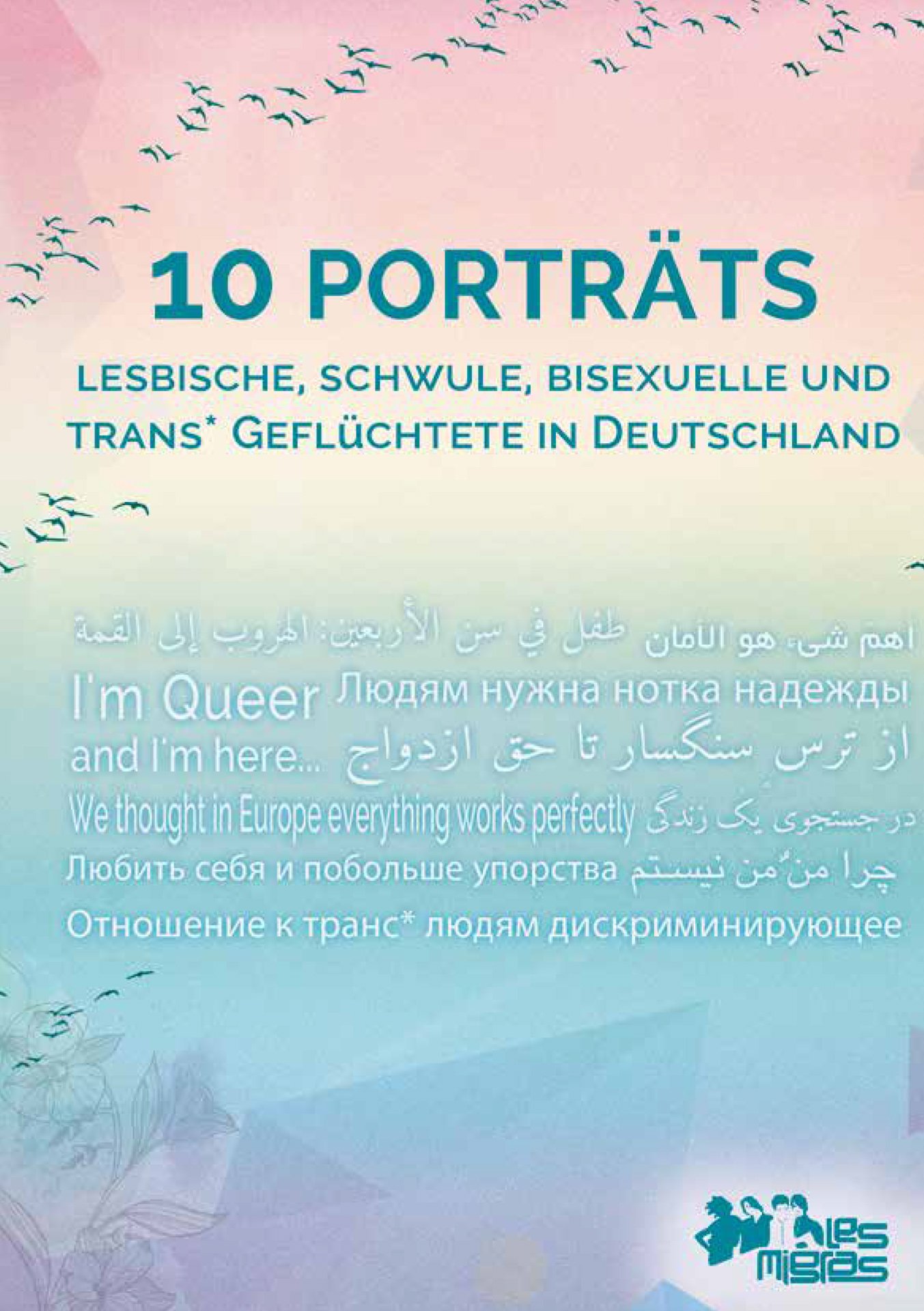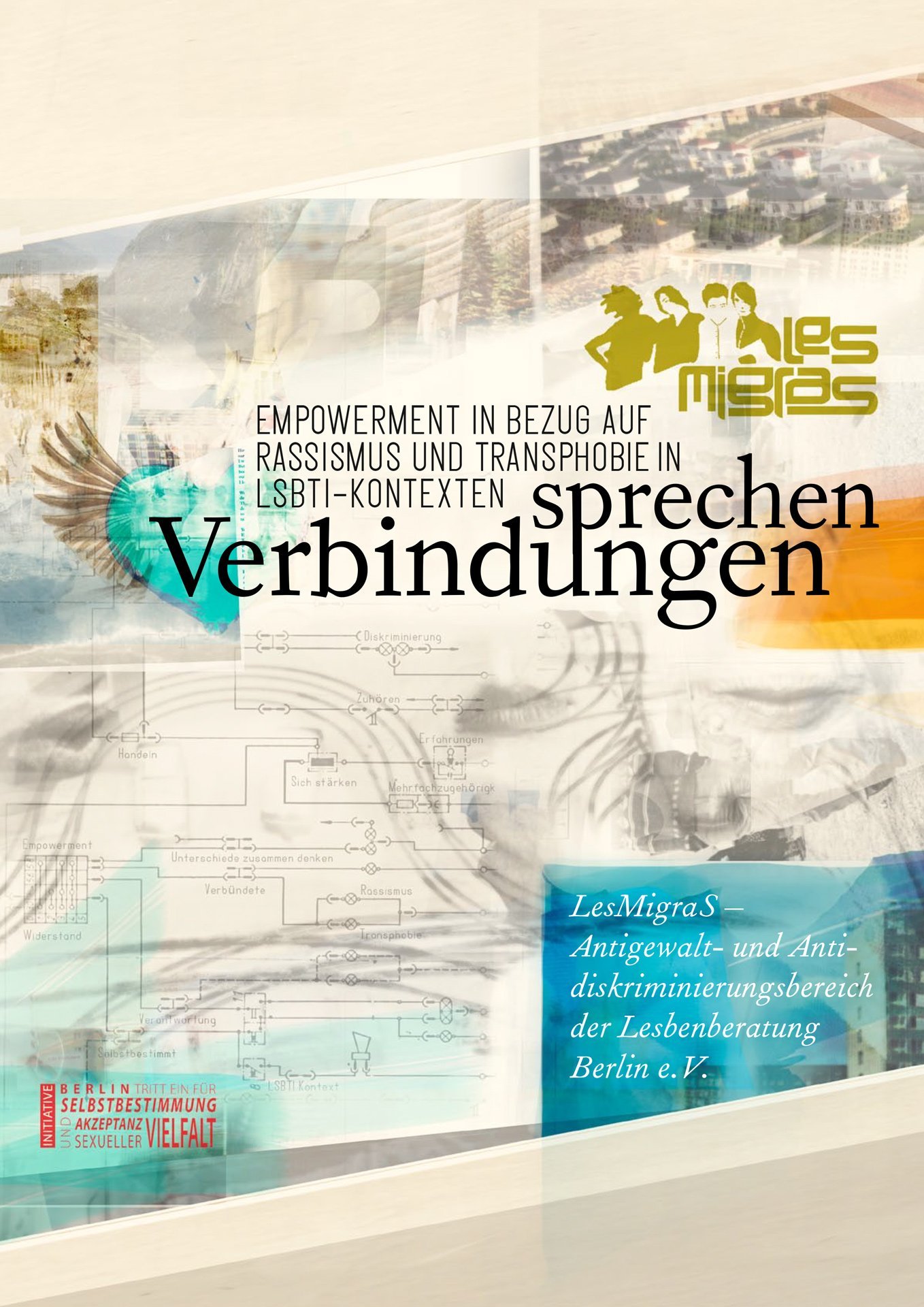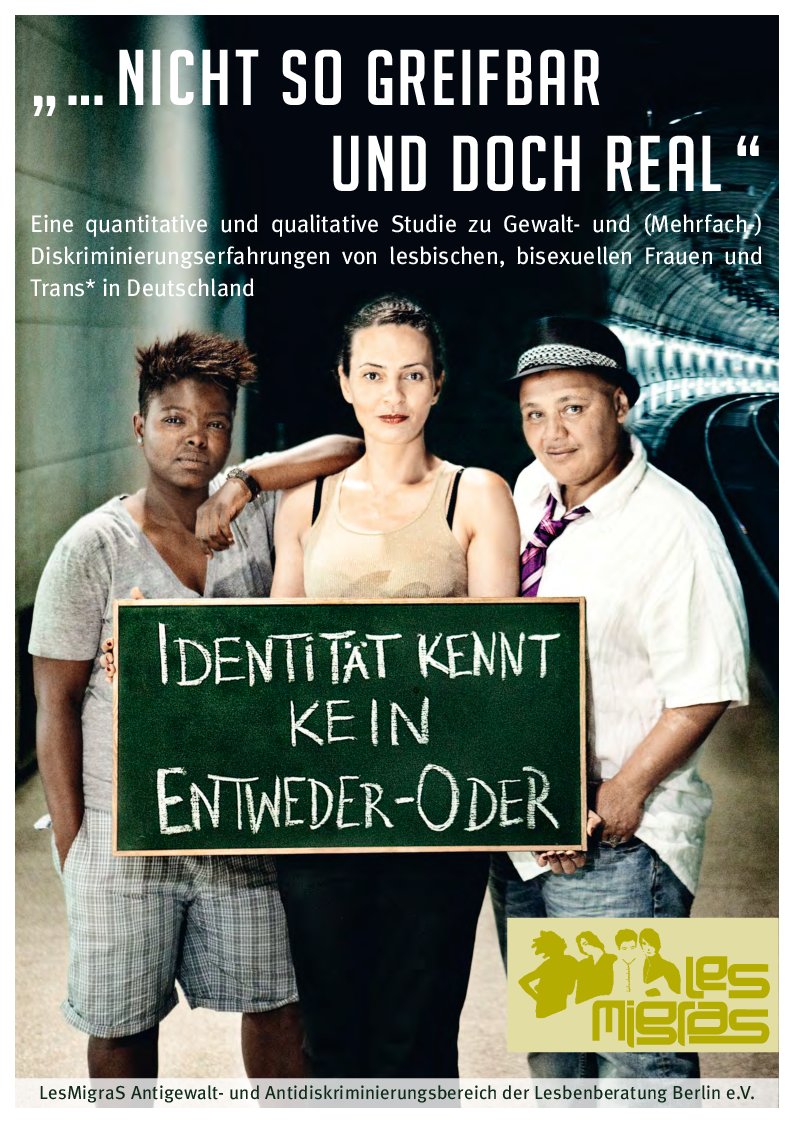Articles & Downloads
Rest and reparations
Rest and reparations as part of queer movements
Black people are exhausted. There is the collective experience of inherited fatigue amongst Black People. Because of the intersections within their identities, Black trans people and Black queer people face even less access to opportunities to rest and have often more difficulty sleeping.
An important demand from Black movements is reparations. In addition to financial compensation, it is also about time for rest, recuperation and dreaming.
more...
Rest as reparations!
Eliminate the racial sleep gap*
*The racial sleep gap means that Black people get less sleep than white people.
Sleep to dream of Black queer and trans futures.
Rest as Part of Political Work and Activism
In many forms of political work and activism it is important to react quickly to current situations. In addition, we often have the idea that we ourselves have to be constantly productive and active in order to make a difference. But the sustainability of our movements is not possible if we are overloaded. Rest can also be considered a vital part of political work and activism. Especially for those most affected by capitalism and other forms of discrimination.
„I feel like I always have to be available for political causes. When I turn off my phone or take time for myself, I am always afraid of missing something or I get a guilty conscience. How can I deal with this?“
„This guilty conscience or fear can be set off, for example, by having too high demands on ourselves, perfectionism and the capitalistic pressure to perform. It is very important to take care of our mental health, to rest sometimes and to put away our technical devices. It can help if you set aside a specific time each day for yourself, even if it’s just 20 minutes, to practice switching off.“
Rest as work politics
The discussion of rest as a political demand stems from the Black and functional diversity and working class movements.
We think it is important to recognise these demands and place them at the centre of discussions about workers’ rights.
Black people, for example, have the added pressure of negative stereotypes in the labour context that are imposed on them from the outside. They are forced to work to higher standards than non-Black people.
We need to challenge mainstream notions of professionalism as a white norm and recognise Black professionalism.
Rest is a right and not a privilege for Black trans and queer people.
We don’t have to meet standards of productivity. Resting is the goal!
We must recognise and abolish the racial sleep gap*.
*The racial sleep gap means that Black people get less sleep than white people.
(May 2021)
FLINTA-Spaces
How were these spaces created?
WLINTA – FLINTA / – Women, Lesbian, Inter, Non-Binary, Trans and Agender
WLINTA / FLINTA spaces have emerged out of women’s spaces, where in earlier feminist movements the question had long been raised as to who the term ´woman` included. A lot of these spaces were initially made to critique social hierarchies and aimed to create a safer space for those negatively affected by the patriarchy. But these spaces have always been centred around whiteness and cis/endo-normativity and have barely recognised race, class, other notions of gender or even other marginalisations.
Over the years more critique emerged to create spaces that reflected a more diverse understanding of gender. As a result these spaces have progressed from initially women’s spaces to women – lesbian spaces to women, lesbian, trans to where we currently are WLINTA/FLINTA.
more...
Whose identity is questioned?
Endo-cis people who often dominate WLINTA/FLINTA spaces have certain ideas about how trans people should look and behave. Often those spaces act in a performative way, only accepting trans, inter, non-binary and agender (TINA) people who fit into a certain mold of FLINTA. Those who don’t are mostly questioned within communities, they once helped to build. This is heavily trans-discriminatory, as it implies that they pose a threat or a disruption to cisgender women in these spaces.
In FLINTA spaces, TINA people who are perceived as cis men (no matter how they identify) get excluded and become the targets of violence and discrimination. This is based on the idea that excluding cis men creates safer spaces. Trans femmes who don’t have a cis passing, trans mascs who do and racialized trans people among others are greatly under question in these spaces.
Endo-cis people in these spaces are often preoccupied with the notion that sex assigned at birth, a certain type of passing and people’s genitalia determines someone’s gender identity. It is not only gender identity that is rejected, but also skin color among other things. Even though a defiance of gender norms have been in BIPoC cultures, BIPoC transness and gender expression is often up for debate.
What do we need?
We need to leave our comfort zones and need a continuous commitment to fight and dismantle all forms of discrimination.
We need to confront internalised power relations and Endo-Cis norms.
One’s own fears and insecurities should not be projected onto TINA people by pushing them into roles of suspicion.
We need spaces that center marginalized identities (trans-fem spaces, Black queer spaces, etc.)
We need to be FLINTA-focused instead of FLINTA-only.
We understand the need for exclusive spaces where self-determination and self-reflection are valued and respected but also are critical to all forms of discrimination and power hierarchies.
It is a process!
We at LesMigraS know that there are no discrimination-free spaces. We absolutely have to work on it and develop concepts to make our spaces more active against structural discriminations.
Anti-Blackness in Germany!
A Definintion of anti-Blackness
anti-Blackness / anti-Black racism refers to the interpersonal as well as institutional and structual forms of a specific type of racism towards Black people. From the more day to day structures; within our workplaces, organising spaces and creative spaces, to our close and intimate connections as well as on a structural and institutional level.
anti-Blackness works both to dehumanize and invalidate Black people and the experiences of Black people as well as to systematically exclude and marginalise Black people.
more...
Here you can find the complete Text_to_anti_Blackness_in_Germany as PDF ![]() .
.
Dealing with Anxiety and Fear
What can Anxiety and fear mean in these times?
This text can be found here soon.
more...
this text can be found here soon
Downloads

![]() Download the Broshure Setting Boundaries Broshure
Download the Broshure Setting Boundaries Broshure

![]() Download the German Broshure Grenzen_setzen_Ein Arbeitsbuch_2024
Download the German Broshure Grenzen_setzen_Ein Arbeitsbuch_2024

![]() Download the German Broshure 10 Portraits. Lesbische, schwule, bisexuelle und Trans* Geflüchtete in Deutschland
Download the German Broshure 10 Portraits. Lesbische, schwule, bisexuelle und Trans* Geflüchtete in Deutschland

![]() Download the German Broshure Verbindung sprechen. Empowerment in Bezug auf Rassismus und Transphobie in LSBTI-Kontexten
Download the German Broshure Verbindung sprechen. Empowerment in Bezug auf Rassismus und Transphobie in LSBTI-Kontexten

![]() Download the German Broshure Broschuere_Tapesh_UnterstuetzungGeben
Download the German Broshure Broschuere_Tapesh_UnterstuetzungGeben

![]() Download the German Broshure Komplette Dokumentation der Studie zu Mehrfachdiskriminierung
Download the German Broshure Komplette Dokumentation der Studie zu Mehrfachdiskriminierung




Social Media and Mental Health diagnoses
Social media platforms often serve as a tool for information sharing and support. Postings on topics around Mental Health can introduce the reader to new topics and provide them with a new understanding of a particular issue. They can even help readers learn the language to put their experiences into words.
more...
Although this information can be useful it is important to be critical of the information you consume on social media and its consequences. While it is a great source for raising awareness around Mental Health issues and diagnoses it is important not to use this information as a tool to diagnose yourself or others. - Social media may also be useful in organsing support groups and networks around mental health especially within queer,Black, PoC, communities, who may have difficulty accessing the appropriate mental health care. If you come across information on social media that resonate with you it’s always a good idea to check the source and do more research on your own!
Mental Health Professionals and others on Instagram will often give you a simplified version of complex mental health diagnoses.
Because the information is typically very general it may be easier to see these simplified symptoms in yourself or others.
Learning more about these topics can help you to gain a better understanding of your mental health as well as others, but it is important not to use this information to diagnose yourself or others!
Mental Health issues are complex and affect each person indifferent ways. Remember that when it comes to diagnosis or treatment it is not
‘one size fits all.
Anyone can post on social media which means that information shared is not always fact checked. This information may be biased and reflect one specific world view.
This information is often highly medicalised and from western perspectives which may not consider societal factors or intersectional approaches.
Weaponising a mental health diagnosis is dangerous and ableist. Using a diagnosis as an insult or with a negative connotation only perpetuates stigma and myths around mental health.
When someone receives a Mental Health Diagnosis this is the first step in finding appropriate care and support for their needs. A diagnosis is not the end point.
Be critical of the information contained in these posts and guides! Social Media increases access to information, but we need to be mindful of what we do with the information. Remember that your experience with mental health is unique and complex and look for the information that is supportive for you.
(October 2020)